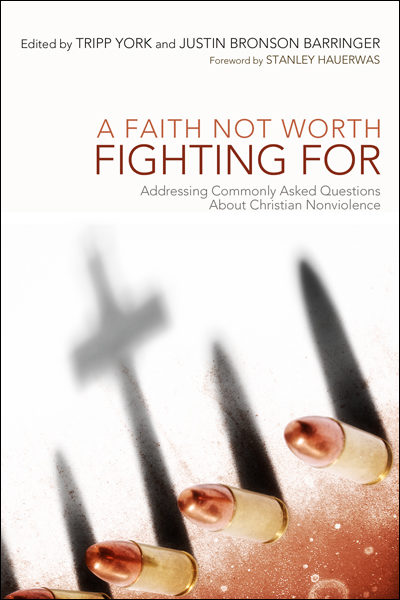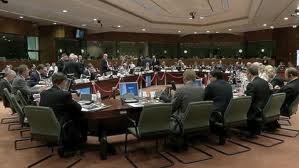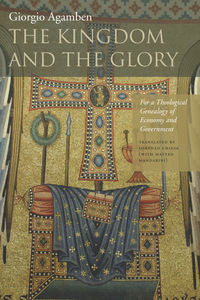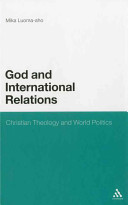
[Below is an excerpt from A Faith Not Worth Fighting For: Commonly Asked Questions about Christian Nonviolence. We welcome comments, responses and reviews.] In 1569, a Christian by the name of Dirk Willems was burned at the stake for committing a capital crime: being an Anabaptist. It has been jokingly said that….

WRITING some 50 years ago, Archduke Otto Hapsburg, the last pretender to the crowns of Austria and Hungary, warned that economic cooperation alone would not satisfy the peoples of Europe and that European unification could not succeed unless it was imbued with an abstract principle. Only something as mystical, he wrote, as the Holy Roman Empire could give people hope, a sense of religious renewal and combat the pernicious effects of local interest, chauvinism, xenophobia and racism. Today’s European crisis indeed shows that great political institutions cannot be constituted solely on a rational basis or through the bureaucracy and incrementalism of Brussels.
What might happen if we read the Gospels afresh not from the perspective of distant struggles for justice or objectified notions of ‘the poor’ (as if ‘they’ were no more than a category) but from the perspective of those in our cities and towns who are considered ‘worthless’, part of an ‘underclass’, ‘surplus labor’…..?
Atheism is all the rage today. That is, a kind of rejection- whether a traditional form of atheism, or the Christian rejection of certainty- is catching on. Some in the emerging church circles call for an “epistemological humility,” a theological hedging that tempers a rigid Evangelical orthodoxy. Still others, such as Peter Rollins, turn to more philosophical traditions, such as that of Hegel, which value a “negation.”
Rollins summarizes this kind of Christian A/theism in a number of places, and thus offers a helpful summary in his chapters in Church in the Present Tense. Providing a kind of archeology of modern categories through the thought of philosophers like Kant and Hegel, he states that there is a moment of negation when the ideas and values are denied. In turn then, he says, there comes a moment of double negation- that place when even the denial is denied.
Unfortunately, Peter and his philosophical partner Hegel are about 1700 years late. The desert monks spoke of a similar path, just without the seeming circularity of modern critiques of metaphysics.
Beiner suggests that I want a politics, and by politics he seems to mean what the state does, that is at the service of Christianity. As someone deeply influenced by John Howard Yoder’s critique of Constantinianism, that is precisely what I do not want. Of course I should like Christians to be free to try and convince their non-Christian neighbors that war is a bad idea, but….
By the time preachers in America address their congregations this Sunday, the nation’s Supreme Court will have ruled on the health insurance reform act passed by Congress and signed into law by President Obama in March of 2010. The coincidence of this much-anticipated ruling and a quirky Jesus healing story is irresistible!

Hollywood and academia may not often be thought of in one breath, but they do share some things, not the least being a hyperventilating and parochial culture of celebrity. Having been in this business now for a few of these cycles, I’ve seen ‘em come and I’ve seen ‘em go. Which figures are selected to be smiled upon by the fame machine seems almost random, a matter of tuche, the semi-theological bad luck of those who are selected, by a blind fate, or an erratic Greek deity. The perduring and valuable work of genuine scholars mounts in height and depth gradually over decades, chiseled out of serious matter, and their import is often recognized only in retrospect, late in a career or after the author is dead. Others—the academic version of one hit wonders—flash up in an instant, are talked about—though not as often talked to, and still less often carefully read—for a frenzied spasm of a few years, then are dropped like an empty foil bag of chips, left to blow heedlessly among the trees in the groves of academe, or to wander the halls of academic conferences, for decades to come.
I’m afraid, but I’m quite sure, that the work of Agamben falls into the celebrity category. […]


